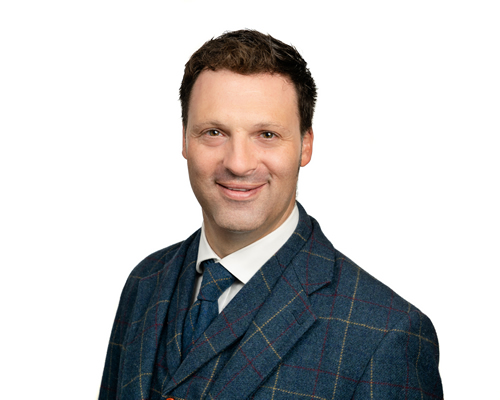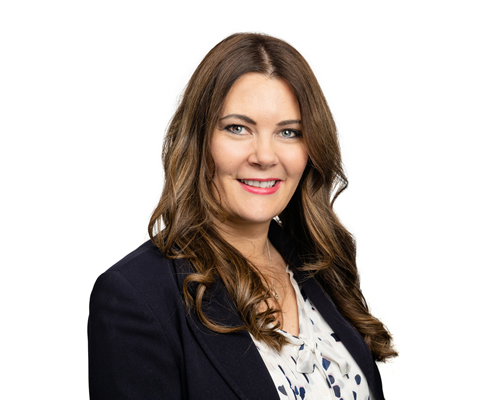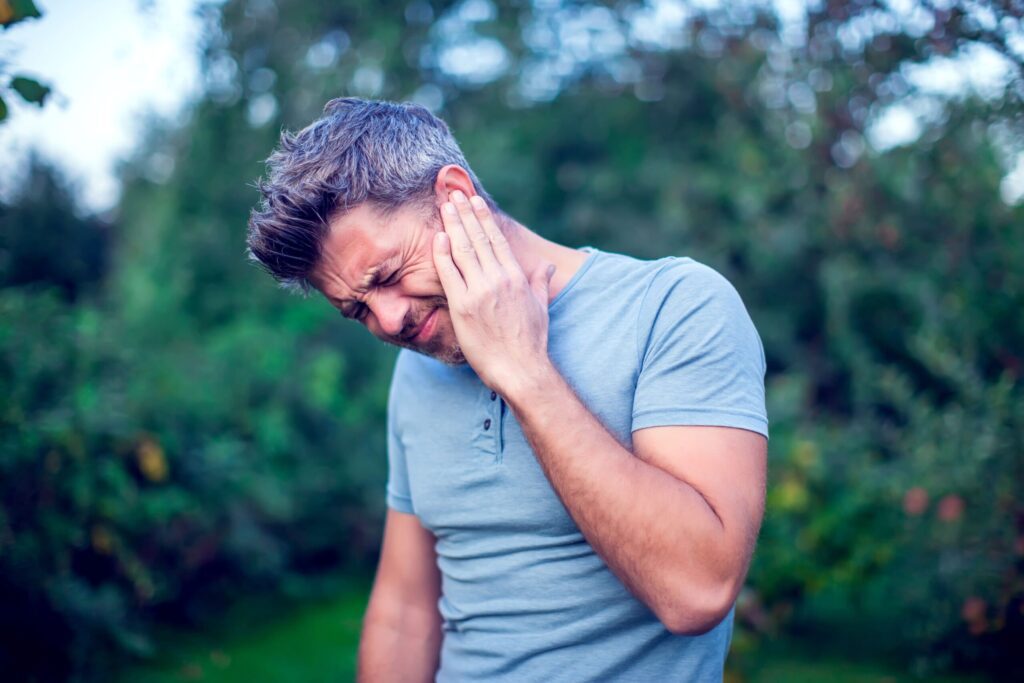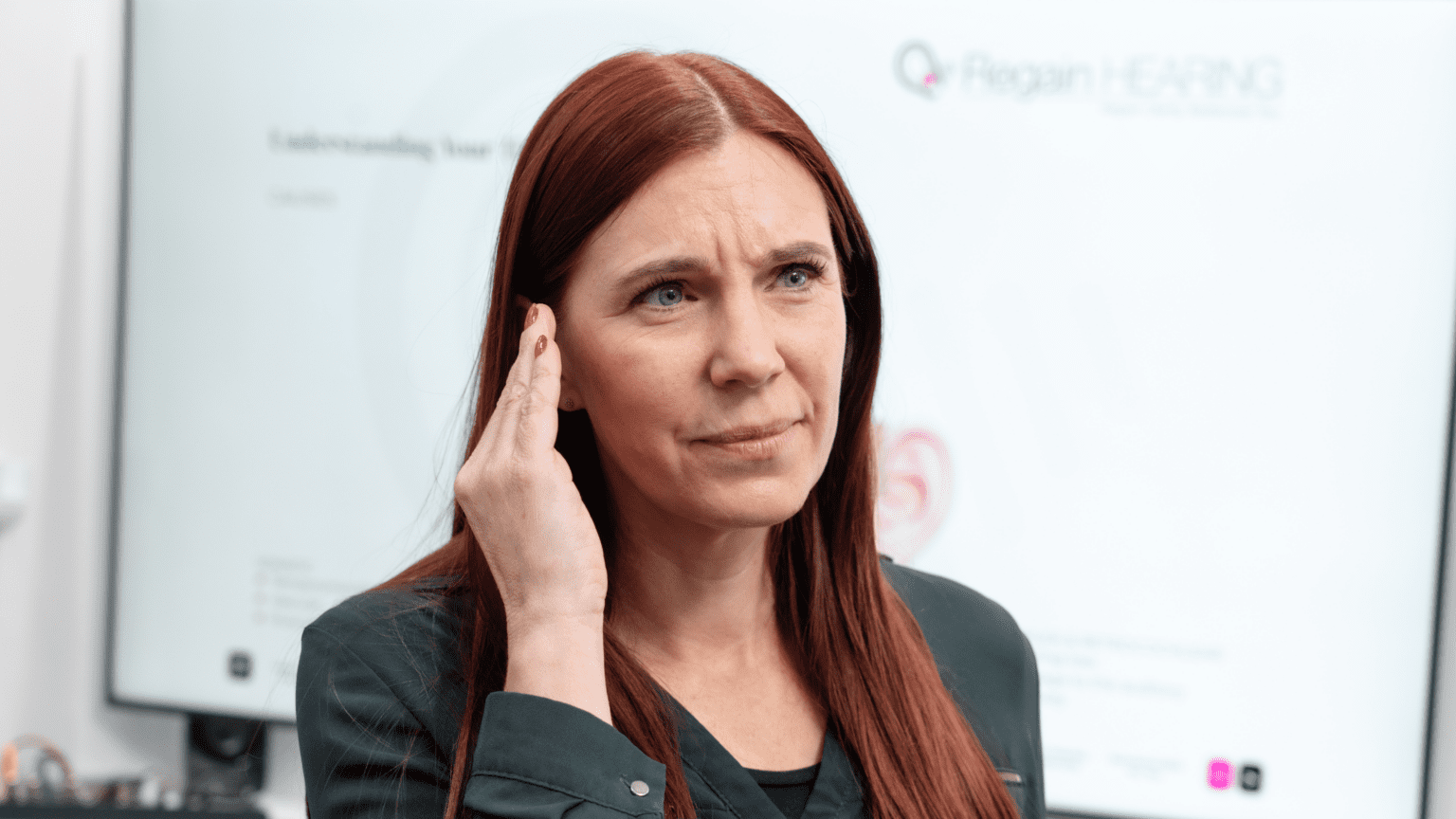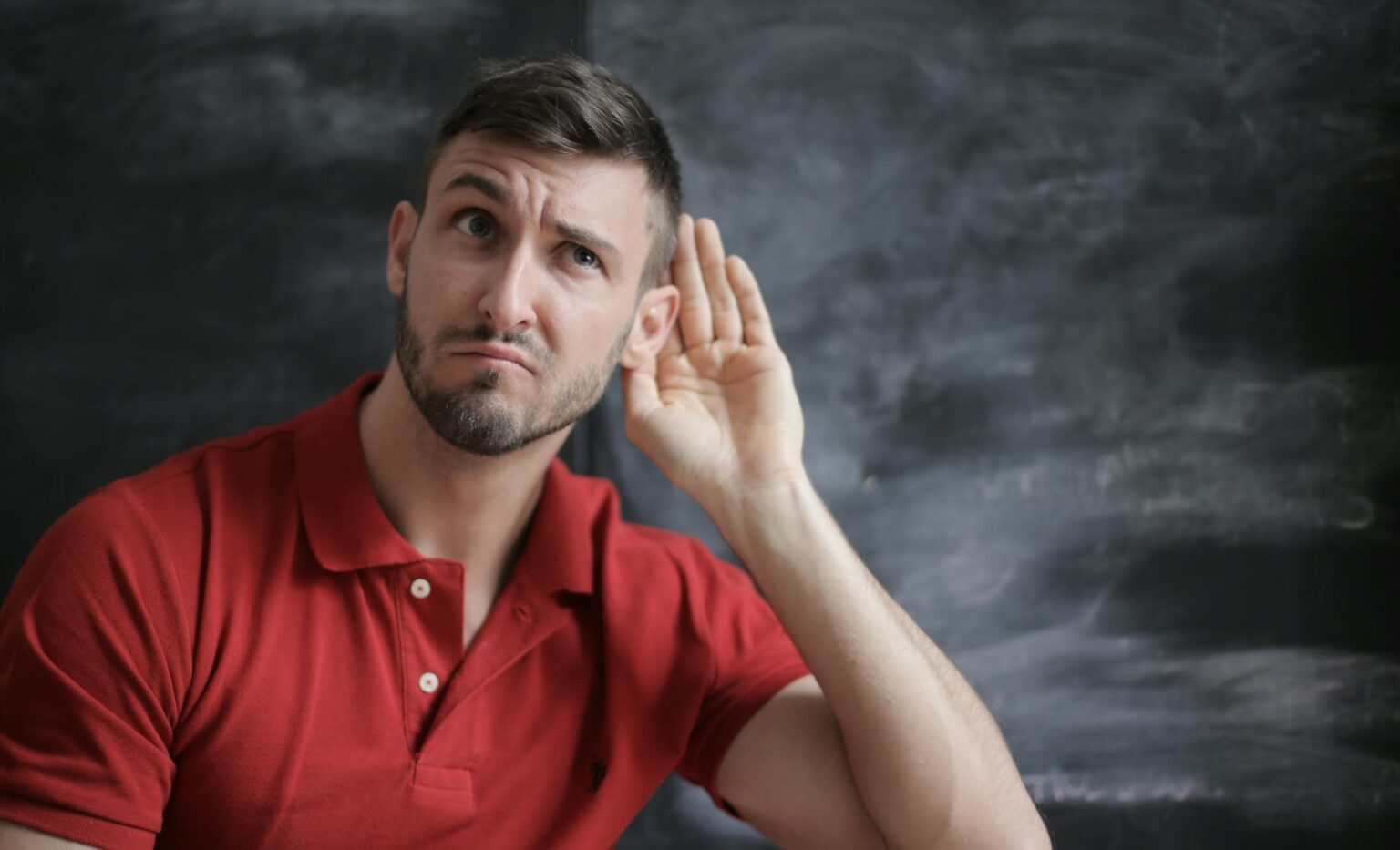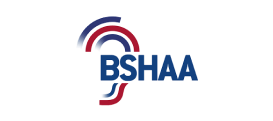Almost everyone has experienced their ears popping before. This is common in any scenario where the air pressure changes, such as when a plane takes off, when driving up or down a steep incline, or when passing through a train tunnel.
In all of those situations, the air pressure change is normal and harmless. It causes a temporary, one-off feeling similar to a bubble popping inside the ear, after which your hearing seems suddenly clearer and sharper.
Ear popping that continues without any discernible air pressure changes, that doesn’t go away, or returns frequently could indicate another issue related to pressure. A full hearing appraisal is the best way to determine the cause.
Ear Popping and Potential Complications
- Ear popping is a very normal experience, and it is typically caused by fluctuations in the air pressure around us, such as during a plane’s take-off or landing.
- Our ears pop to regulate pressure, balancing the pressure between our inner and outer ears. However, popping can also be triggered by problems within the ear connected to a cold, virus or allergic response.
- If your ears keep popping and there isn’t any variance in air pressure or other obvious cause, or the popping doesn’t stop, it could also be related to an issue within your Eustachian tube, which might be blocked.
Understanding Why Your Ears Keep Popping
As we’ve touched on, our ears ‘pop’ to ensure the air pressure within them is equal to that outside. It’s all about equalising pressure so our eardrums don’t contract or expand too much, protecting the delicate inner workings of the ear from damage.
The sensation of your ears popping happens when the air pressure inside the middle ear matches that in the environment around you. This is why it happens so often when travelling by plane or riding a lift up or down multiple floors in a skyscraper.
For example, if you’re driving up a steep hill, the air at the higher elevation will be thinner, which will, therefore, contrast with the density of the air pressure inside your ears.
Your Eustachian tubes deal with this by enabling air to move between your middle ear and your throat and draining away fluid that could prevent it from equalising the pressure.
The Eustachian tube allows an air bubble to pass into the ear, which prevents the eardrum from contracting or swelling, depending on whether the air pressure is higher or lower. When the air pressure balances, you hear or feel the pop, and your hearing should return to normal.
For most people, this isn’t painful or uncomfortable, although for others, especially those with sensitive ears, ear infections, or previous eardrum damage, it can be unpleasant. Younger children and babies may also find pressure buildups in their ears distressing.
What do our audiologists say?

Safe Ways to Try Unpopping Your Ears
Some of the best techniques to relieve pressure imbalances in your ears simply prompt the Eustachian tubes to open – and there are some quick and easy ways to try and address a build-up of pressure if your ears aren’t popping naturally or quickly enough:
- Swallowing or sipping water—the swallowing mechanism causes our Eustachian tubes to engage and can help clear blockages and regulate ear pressure, either before it builds up or to expedite relief from atmospheric pressure.
- Yawning. Both natural and fake yawns can help, as can breathing deeply or opening your jaw widely, encouraging the Eustachian tube to open and match the air pressure inside your middle ear with that outside.
- Chewing gum or a sweet activates the Eustachian tube, and you can suck on a hard sweet or mint if you prefer, as this has the same effect.
- If none of the other methods have proven effective, techniques like pinching your nose and swallowing while keeping your mouth closed or trying to make a clicking noise with your tongue can help pop your ears.
These methods of improving imbalances inside your ears can be used as a preventative to smooth the pressure balancing function, such as sipping water and sucking sweets as a plane begins a descent or take-off.
What it Might Mean if Your Ears Are Popping Without Air Pressure Changes
If you’re going about your everyday routine with no discernible change in air pressure or altitude and no noticeable reason for your ears to pop, this could mean one of the following:
- You have a cold or some kind of virus or allergic response
- There is a dysfunction or blockage in your Eustachian tube
- An ear wax build-up is interfering with your ear functions
- You’re experiencing sinus congestion
While it’s never wise to force your ears to pop if there is any potential for there to be an underlying issue or infection that needs to be treated, many people feel that chewing gum, sipping water, swallowing, or yawning can quickly relieve pressure, as we’ve explained above.
However, ear popping shouldn’t be particularly painful.
If you’re experiencing pain in your ears or soreness that exceeds what you’d normally experience on a plane, it’s well worth consulting one of our experienced audiologists to check for the causes.
When to Consult an Audiology Professional About Repeated Ear Popping
Of course, if you drive to work every day up a steep incline or work on the top floor of a very tall building, you might expect your ears to pop regularly and will often become more proficient at managing the air pressure balancing or prompting your ears to pop.
However, repeated and frequent ear popping might mean there is an issue impacting the way your Eustachian tubes function. Most of these problems, such as fluid build-ups, ear infections, and wax blockages, can be easily resolved.
If you’re concerned about your ears popping more often than seems normal, experiencing pain and sensitivity, or want to check that there isn’t a reason for prolonged periods of pressure inside your ears, you are very welcome to book a hearing test at your nearest Regain Hearing clinic, where we’ll assess your ear health and hearing.

